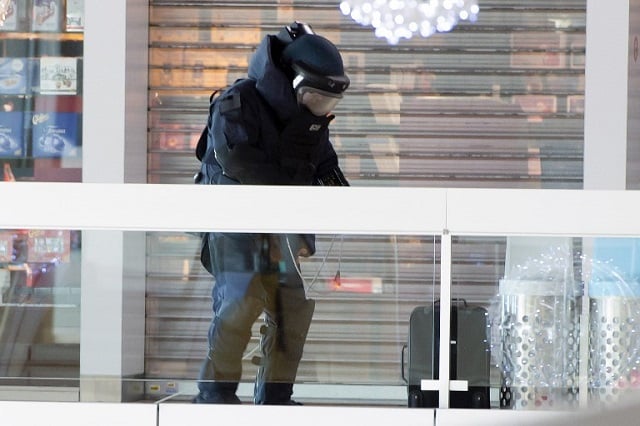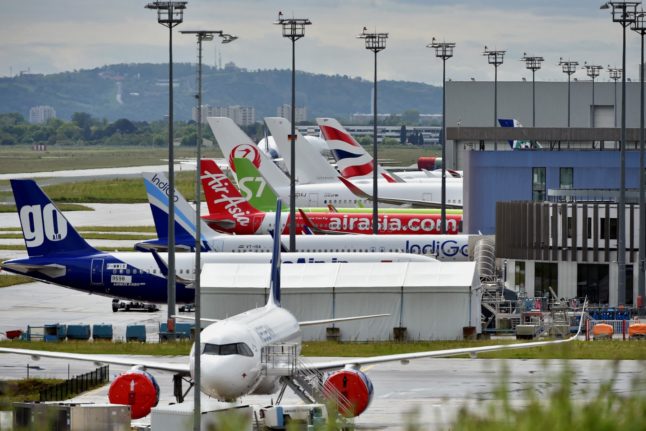The report looks at jihad-related police investigations and criminal investigations from mid-2012 to 2018. These jihadists are people who either travelled to, or wished to travel to, conflict regions – generally Syria or Iraq, according to Fedpol.
While many of these people were fighters, others were women who married Isis fighters or men who provided logistical support. Some of the jihadists covered in the report remain in conflict zones, whether imprisoned or still fighting. Others have probably been killed, according to Fedpol, while yet others never left Switzerland, or departed and have already returned.
Fedpol told The Local on Wednesday it could not provide details on the number of jihadist-related cases covered in its new annual report.
However, according to Swiss Federal Intelligence Service figures from November 2018, the total number of Swiss jihadists who have travelled to conflict zones is 92. A total of 31 people in this group are thought to have been killed (25 confirmed). Some 16 are believed to have returned to Switzerland (13 confirmed).
Here is what the new Fedpol report tells us about the common characteristics of these Swiss jihadists.
1) They are from all over Switzerland.
The origin of Switzerland’s jihadist travellers roughly lines up with the country’s language regions. Almost two thirds are from the German-speaking part of the country, just over a third are from French-speaking Switzerland and the rest are from the Italian-speaking region.
2) They are predominantly male.
Some 80 percent of Switzerland’s jihadists are male.
3) Their average age is 32.
Most Swiss jihadists are in the 20–54 age bracket. A quarter of them are younger than 25.
4) Nearly half of them are Swiss nationals.
Around half of jihadists looked at in the Fedpol report had Swiss nationality, of which half were dual nationals. Some 60 percent had been born overseas. Fedpol notes that evidence suggests radicalization took place in Switzerland.
5) They have low levels of education.
While Fedpol admits data on the education of Switzerland’s jihadists is limited, it notes around one in five members of this group had compulsory schooling only, with some not even completing this.
Read also: The changing face of terrorism in Switzerland
A third of Swiss jihadists had started an apprenticeship or had enrolled in a vocational school but half of this group had not completed this training. Just two jihadists had completed a bachelor degree.
6) A quarter of them had converted to Islam.
The remainder had been Muslims since birth. Most had also attended a religious place of worship like a mosque.
7) At least one third had a criminal record.
In addition, half of Switzerland’s jihadists had also experienced what Fedpol describes as a “defining event” in their life, including war or a serious accident in their home country, a job loss, health problems or difficult family relations.
Read also: Swiss court fines ex-sergeant for fighting in Syria



 Please whitelist us to continue reading.
Please whitelist us to continue reading.
Member comments